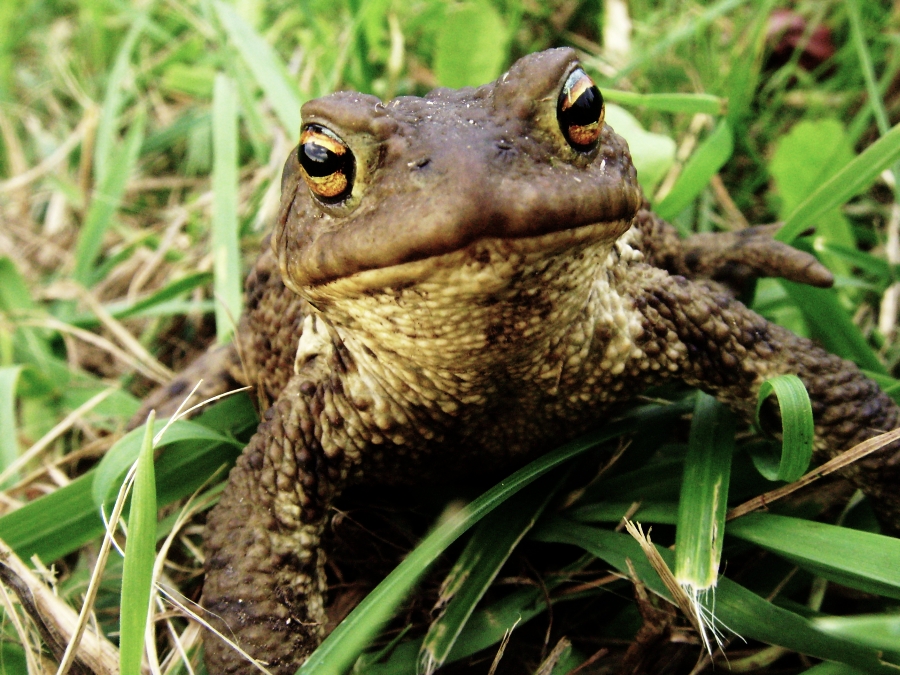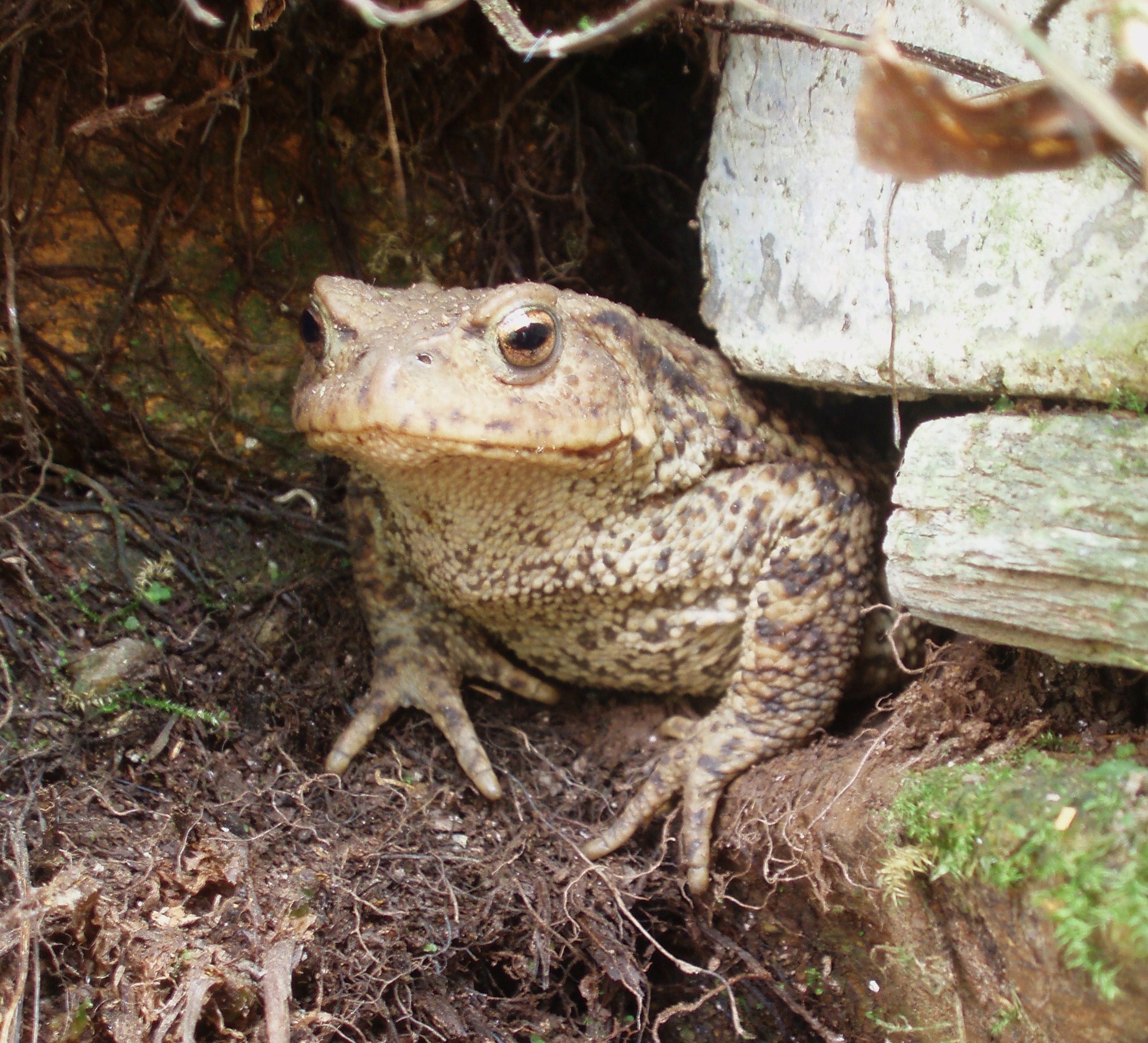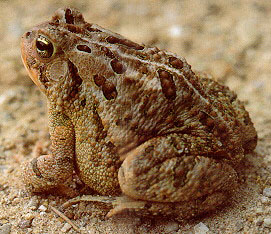The clever men at Oxford Know all there is to be knowed – But they none of them know as half as much As intelligent Mr. Toad (Kenneth Grahame, 1859 –1932, British writer most famous for The Wind in the Willows (1908), one of the classics of children’s literature.
A nature.com blog article posted by Janet Fang on March 31, 2010, titled “Toads ‘predict earthquakes,’” states the following:
Toads may be able to predict earthquakes, according to a serendipitous set of observations made in Italy. After every earthquake stories emerge of animals behaving strangely before the ground shook. But hard evidence of animals responding to some kind of mysterious pre-earthquake cue has been lacking.
Now, Rachel Grant of the Open University in Milton Keynes, UK, reports that common toads (Bufo bufo) showed a dramatic change in behaviour five days before an earthquake shook L’Aquila, Italy in April 2009. Grant and her colleague found the toads abandoning spawning days before the shaking started, they report in the Journal of Zoology. “Our study is one of the first to document animal behaviour before, during and after an earthquake,” says Grant. “It was a serendipitous thing that happened.” She has been studying frog reproduction during the lunar cycle for four years, and was at a site 74 km from the epicentre of the quake with her assistant between the new moons of March and April. This meant they were watching the ‘seismic toads’ before, during, and after the magnitude 6.3 event.
Male toads usually stay at the breeding sites until spawning is complete, but 96% them abandoned the pool five days before the quake and numbers remained low until 10 days afterwards. The number of amplexed pairs—where males grasp females tightly with their arms—declined to zero just three days before the earthquake and stayed low until the last aftershock. “One day there were no toads,” says Grant. “I was actually very annoyed. I thought my research was all going down the drain. And the earthquake happened, and then they all started coming back the day after.” The team suspect the strange toad behaviour was triggered by pre-seismic perturbations in the ionosphere, which were detected by very low frequency radio sounding.
Reports of animal earthquake prediction are legion and they date back to at least 373 BCE, when historians record that animals including rats, snakes and weasels flocked out of Helice just days before a quake devastated the Greek city. More recently there have been reports of catfish moving violently, bees leaving their hive in a panic, and fish, rodents, wolves and snakes exhibiting strange behaviour before earthquakes. But according to Grant, many of these reports are just anecdotal and they are often taken after the earthquake has happened. Toads may be the best candidate for earthquake predicting animals, but repeat evidence is unlikely to be forthcoming soon. “Testing this hypothesis would … be very difficult, given the rarity and unpredictability of [earthquakes],” says the paper.




